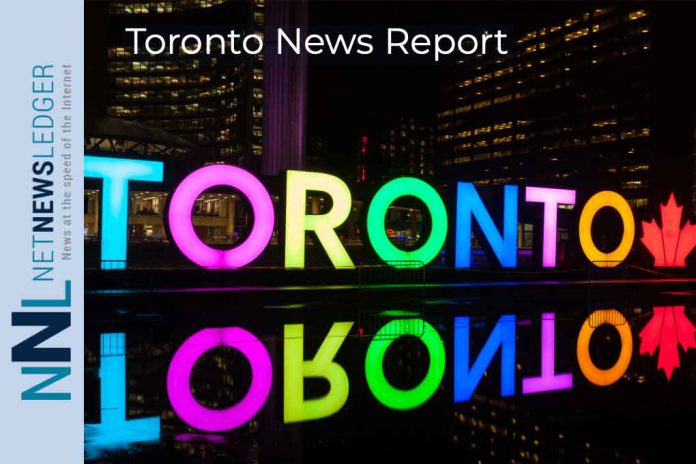
TORONTO – LIVING – Advocates for the homeless in Toronto are pushing for a much better plan for this coming winter for the city’s homeless.
Shelter and Housing Justice Network says, “Rather than establish another inadequate winter plan that leaves people in the cold and City staff scrambling, community advocates and researchers have drafted a reasonable and adequate Winter Plan and Plan for Moving Forward: Spring 2022 and Beyond. This plan would help the shelter system begin to transition towards a dignified, safe system and move more people into housing in the short term and create housing in the long term. In addition, this report presents key elements to understand the reality of unhoused people, housing crisis and shelter system in Toronto, as well as some of the most common barriers they face when trying to access social services or the shelter system. As seems to be evident, the shelter system is in crisis. It is over capacity, denies people, as a matter of course, and leaves people out in the cold.”
There are significant equity and social justice concerns in the Toronto Shelter System that these plans and the corresponding report attempt to address and mitigate. In particular, Indigenous people, BIPOC people, 2SLGBTQ people, disabled people and refugees are all disproportionately homeless. Much of women’s homelessness tends to be erased through City of Toronto policy, making many women ineligible for homelessness programs.
There is an ongoing housing crisis in Toronto that has contributed to a 60 percent increase in homelessness since 2013. City of Toronto policies have been inadequate in addressing this crisis and its underlying causes.
There are substantive concerns about the shelter system, as a whole, as well as individual aspects of it. There are concerningly low vaccination rates in the shelter system. Only 49 percent of shelter residents are fully vaccinated while 81 percent of the general population is (12 years+). The shelter system has been in protracted crisis for years, but the COVID-19 public health crisis has deepened the barriers to and problems in shelters. The shelter system does not have sufficient capacity for the unhoused population of Toronto and continues to turn people away. The City of Toronto continues to fail to adequately address drug toxicity injury and death in the shelter system. Over half of all unhoused people who died in Toronto in 2020 died as a result of drug toxicity. Shelter-hotels have exclusionary policies that may endanger people. The shelter system continues to have significant physical access barriers; there is substantial evidence of systemic ableism and cisgenderism/transphobia. The City of Toronto has also scapegoated refugees for the crisis in the shelter system which are, in fact, the policy failings of government.
The City of Toronto’s current warming centre policy puts people at risk of loss of limb and life. The policy is not presently grounded in current scientific data.
The City of Toronto has engaged in the intentional deprivation of life sustaining supplies from encamped individuals and carried out multiple violent evictions. The City of Toronto claims evictions are necessary for park accessibility, legality and safety; the authors cannot find sufficient evidence to support this claim. There is substantial evidence that the City of Toronto has violated encampment residents’ rights, including Indigenous residents’ rights to land and self-determination, and is motivated by the desire to make unhoused people less visible.
Housing First is a failed policy in Toronto. Housing First requires that people be unhoused for six-months before getting access to many supports –in the midst of a housing crisis, this is an inhumane policy.
This report demonstrates that, while COVID-19 has exacerbated the crisis, the issues with Toronto’s housing and shelter policy are longstanding and profound. It is only with widespread overhaul and substantial investment that the comprehensive change this report demonstrates is needed can occur.
WINTER PLAN KEY DEMANDS
- Immediately incorporate 2,250 permanent, non-congregate shelter beds into the system
- Repeal the ‘no camping’ bylaw
- Extend shelter-hotel leases
- Increase the target of newly attributed housing allowances in 2021 from 1,440 to 3,000
- Freeze all evictions with the emergency powers of the Emergency Management and Civil Protection Act.
- Issue an inclement weather alert when necessary and open inclement weather sites during alerts
- Implement COVID-19 indoor air quality safety measures






